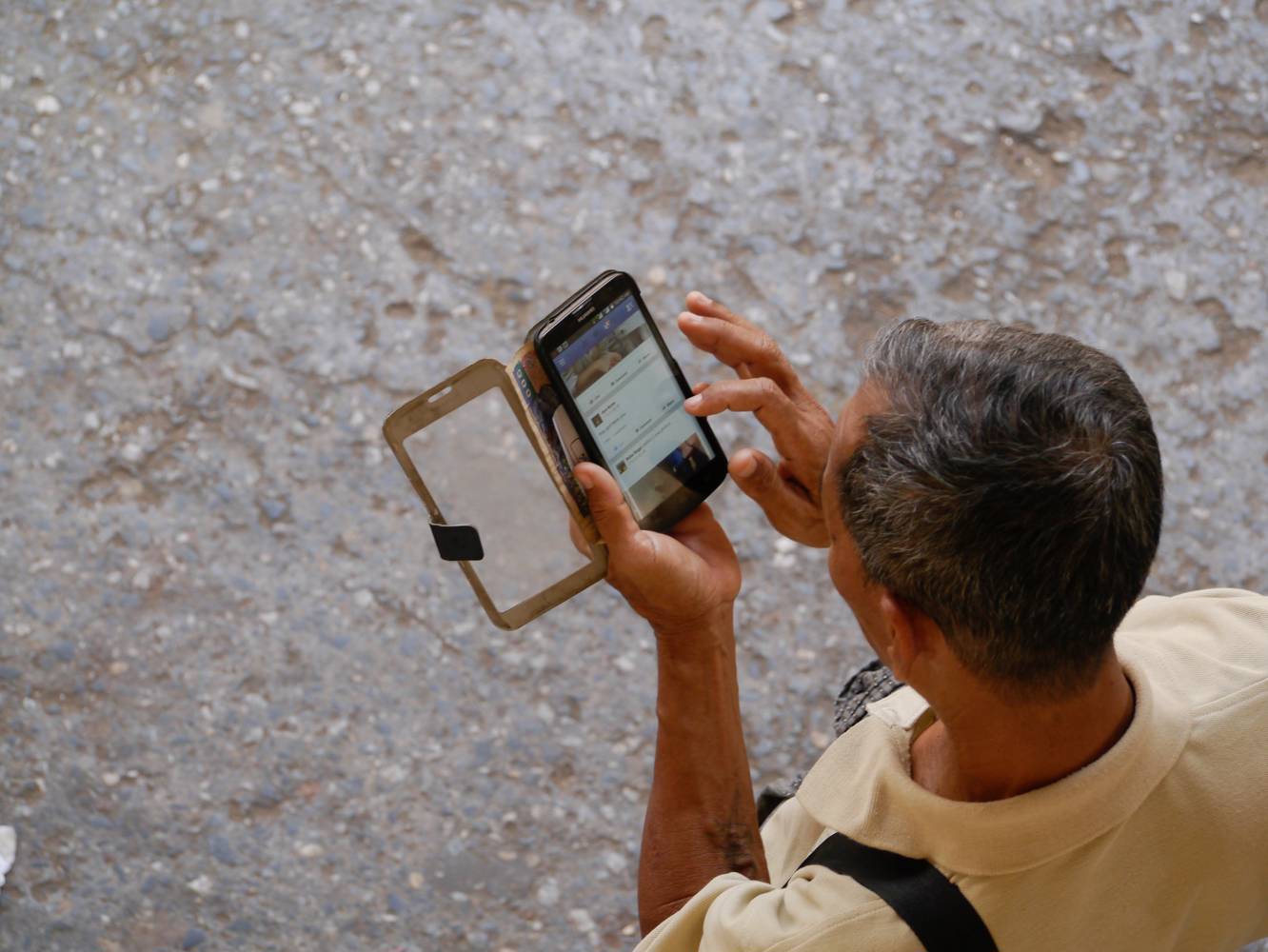
From early 2018, Julie Marie Hansen will start a three-year doctoral research project studying the gendered impacts of social media on armed conflict and peacebuilding in Myanmar.
In the last four years, Myanmar has gone from a "no phone country" to a "smart phone country". People have gone from rarely using phones or email to now being accomplished users of information and communication technologies (ICT), particularly social media sites like Facebook and Viber.
This technological transition has occurred at the same time as a political transition from a military dictatorship to a more open, semi-democratic regime. The political transition was accompanied by a partial peace process affecting some parts of the country, while communal violence and armed conflict increased dramatically in other areas.
It is in this context of peacebuilding and ongoing armed conflicts that the doctoral project, entitled 'Social Media in Armed Conflict through a Gender Lens: The Case of Myanmar', will study the social impact of ICT and especially social media from a gender perspective.
The doctoral project is part of the larger PRIO project 'Social Media in Armed Conflict: The Case of Myanmar', led by Stein Tønnesson and funded by the Research Council of Norway's NORGLOBAL programme. This larger PRIO project will study the ways by which the use of social media either exacerbates conflict or helps to build peace, and emphasizes gender-based and other violence against civilians, and includes local researchers from the Myanmar Institute for Peace and Security (MIPS).





